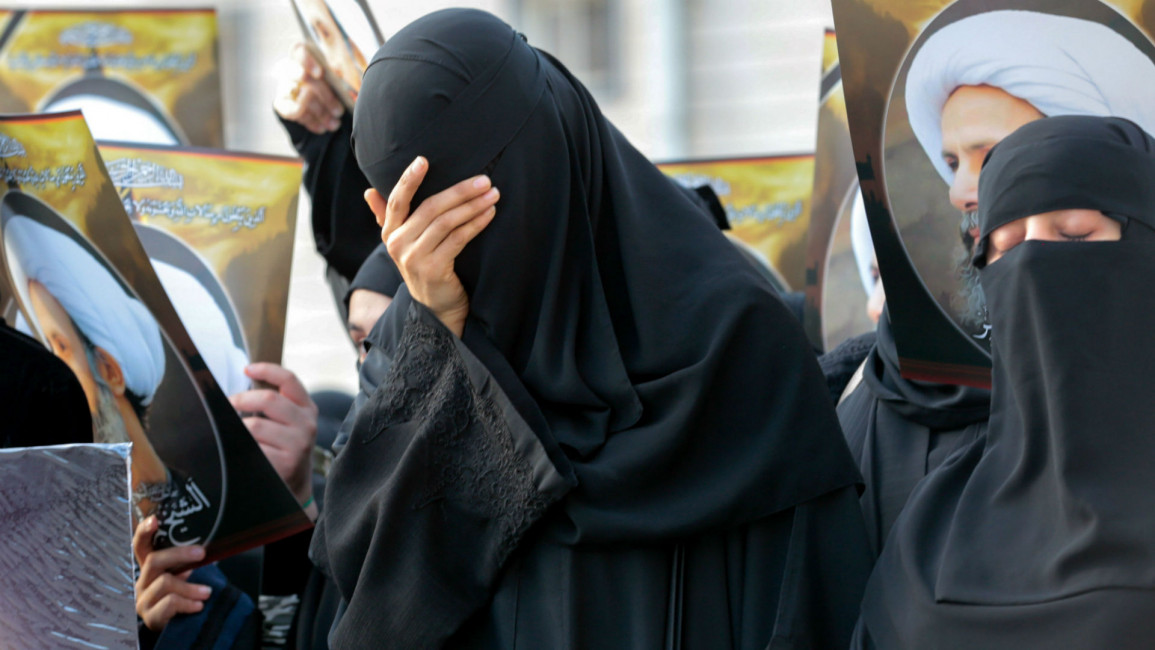14 Saudis at imminent risk of execution after 'grossly unfair mass trial'
Fourteen Saudis face "imminent" execution after a "grossly unfair mass trial" in which they were convicted of rioting, theft and rebellion, Amnesty International warned on Tuesday.
The country's supreme court upheld the death penalty for the 14 men, all Saudi citizens, for charges including rioting, theft and armed robbery and "armed rebellion against the ruler", Amnesty said.
"King Salman's signature is now all that stands between them and their execution," said Samah Hadid, Amnesty's director of Middle East campaigns.
Hadid described the supreme court's decision as "a result of sham court proceedings that brazenly flout international fair trial standards" and that aimed to "crush dissent and neutralise political opponents".
Saudi Arabia has one of the world's highest execution rates.
The ultraconservative kingdom has executed 66 people this year alone, according to the London-based rights group.
Amnesty said 15 other Saudi nationals were sentenced to death by the country's supreme court on Sunday on charges of spying for Iran.
Authorities have cracked down on political dissent in recent months, primarily in the eastern Qatif district.
Authorities executed four men on July 11 convicted of "terrorist crimes", including attacks on police and riots in Qatif, the interior ministry said.
The ministry named the convicts as Amjad Naji al-Moebid, Zaher Abdulrahim al-Basri, Yousif Ali Almushaikhis and Mahdi Mohammed Hassan Sayegh.
Basri and the other three convicts were found guilty of involvement in several terror attacks since 2011, including shooting at their guardians, using weapons and explosive devices that targeted the Tarut police station and several security patrol units in the restive Eastern Province area.
The oil-rich region has been rocked by unrest since 2011, when Shia protests erupted to demand equality in the Gulf kingdom.
Authorities have blamed the unrest on "terrorists" and drug traffickers.
In May, bulldozers began demolishing al-Awamiya's historic district in Qatif, with plans to tear down several hundred homes, as officials allege it has become a hideout for local militants.
The destruction sparked shoot-outs in the streets between Saudi security forces and Shia gunmen, and stoked sectarian tensions that resonate around the region.
Saudi Arabia has a strict Islamic legal code under which murder, drug trafficking, armed robbery, rape and apostasy are all punishable by death.
The kingdom is one of four countries – the others are North Korea, Somalia and Iran – which still carries out public executions.
Agencies contributed to this report.



